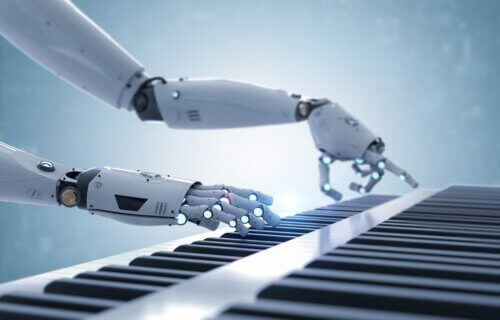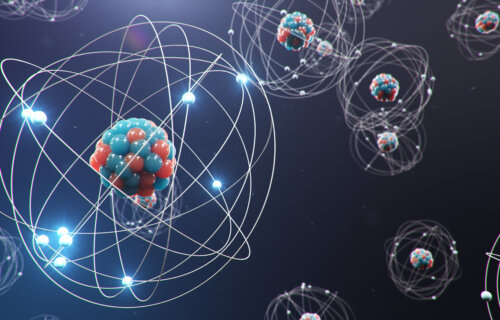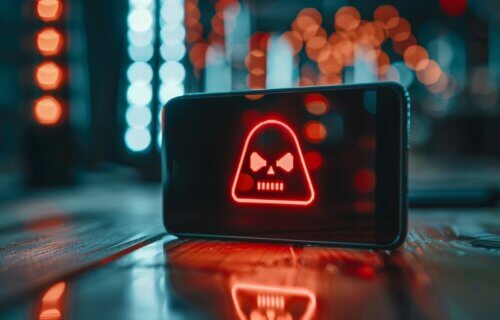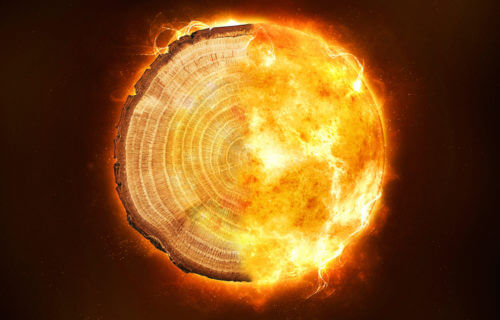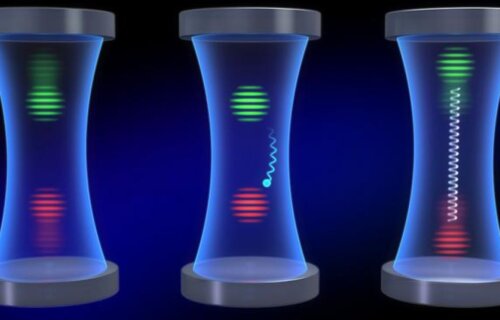

If your dog barked at the moon the other day or you saw two very similar cats walk by one after the other, it probably had something to do with the scrapping of leap seconds. Or not.
A global consortium of scientists and government officials voted Friday to stop turning the tiny proverbial knob that tracks leap seconds, those minute time adjustment sometimes inserted to account for our planet’s uneven rotation.
Because we don’t have Superman available to spin the planet to our liking, the Earth sometimes shifts and wobbles like a drunk guy doing a field sobriety test outside his car. This minor fluctuation in symmetry just barely throws off the speed of the Earth’s rotation enough such that days are a tad longer than what we have on the books.
In 1972, the leap second came into existence, as a way to balance out the Coordinated Universal Time (UTC) roughly every 21 months. This is not a change anyone would have felt necessarily (except maybe Dr. Manhattan), but what it did do is stick in the craw of tech companies, since the inconsistent coordination confused coding that was created with an assumption of precise timekeeping.
The issues racked up. Reddit crashed briefly in 2012 due to a leap second, Cloudfare blamed the poor leap second for its DNS going down in 2017 on New Year’s Day, and recently Meta published an article calling for leap seconds to be given the heave-ho.
The International Bureau of Weights and Measures seems to have agreed at their probably catered meeting in Versailles, France. Leap seconds have been notified that between 2035 until at least 2135 (on a Wednesday, maybe), UTC will not account for leap seconds, the idea being that by then scientists will have found a better way to fix the discrepancies.
That’s right, an official timekeeping organization just basically said, “We’ll deal with that later.”
Source: New York Times





